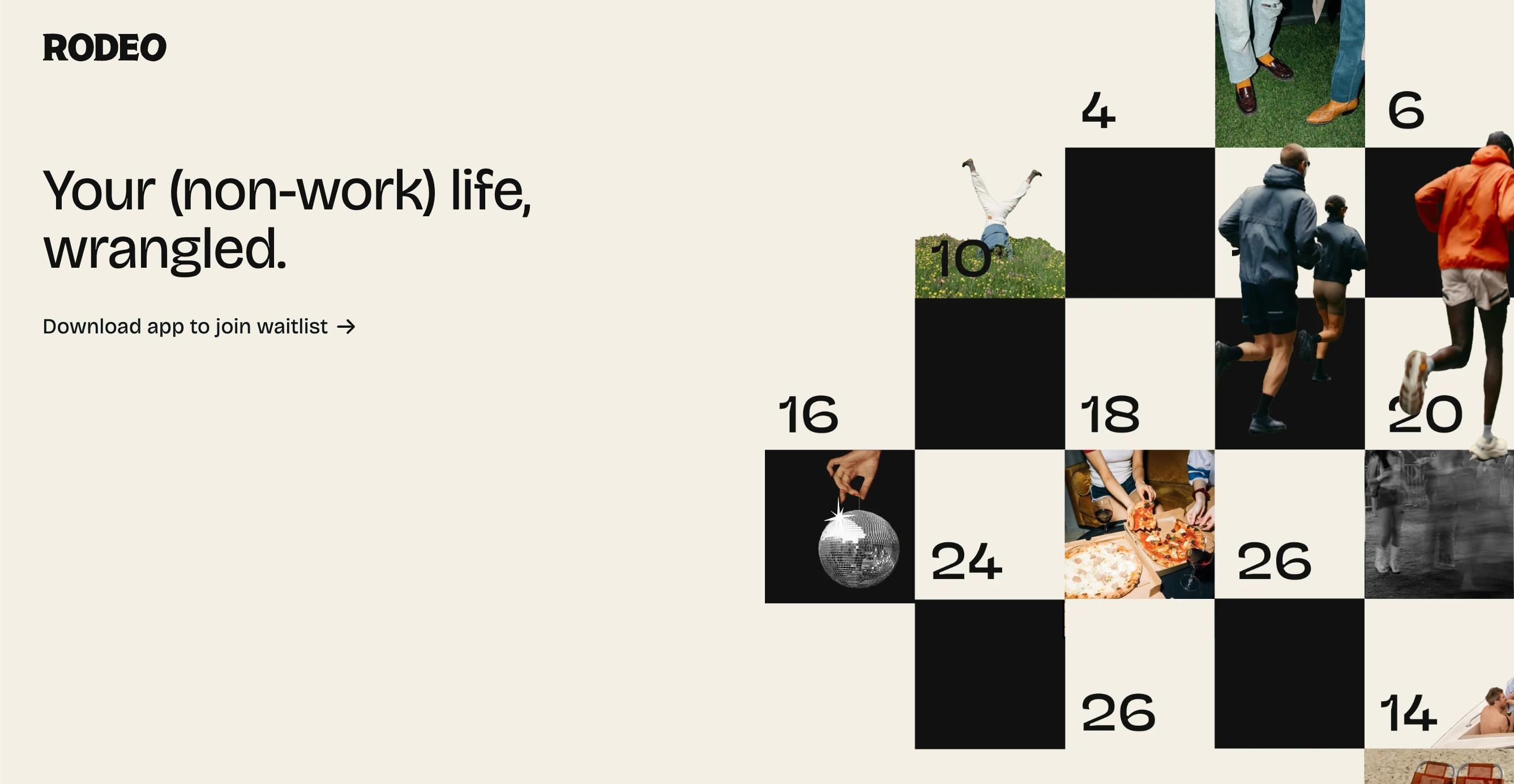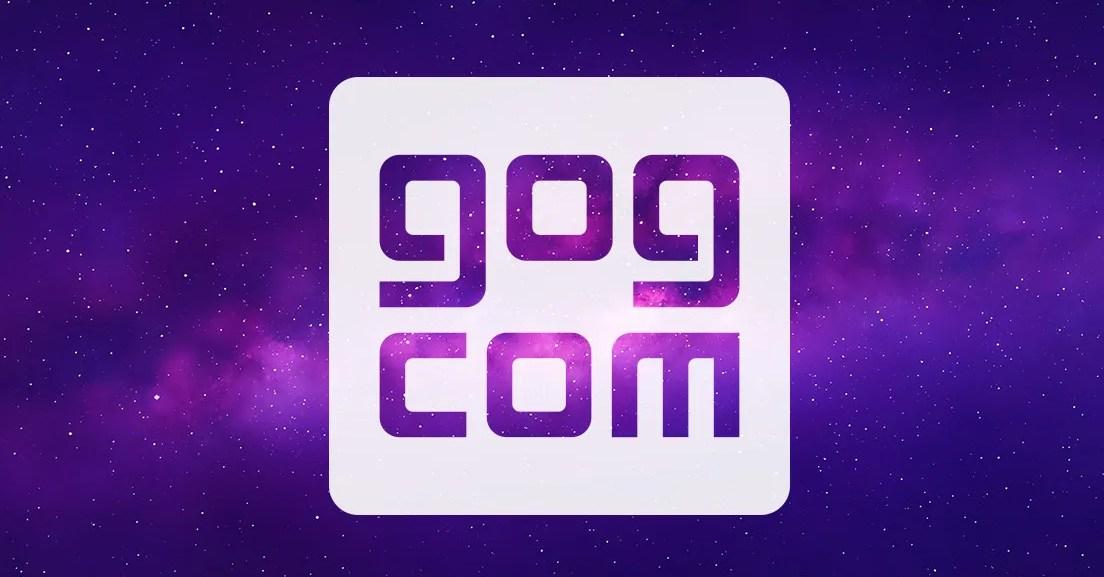Google is testing changes to some of its most important services including Search, the Chrome browser, and its Android operating system ahead of the European Union’s tough new antitrust rules coming into force in March, the company has announced. The changes come as a result of the bloc’s Digital Markets Act (DMA), a sweeping piece of legislation under which Google has been designated as a “gatekeeper” and given new rules for how it can operate important “core platform services.”
- Home
- Technology
- News
Google Search, Chrome, and Android are all changing thanks to EU antitrust law
Google is testing changes to Search, its Chrome browser, and Android operating system ahead of the European Union’s tough new Digital Markets Act coming into force.


On Android, it’s introducing a new browser choice screen during initial device setup, similar to what it already offers to let users pick between different search engines. (This search engine choice screen’s roots lie in a €4.3 billion fine from the EU over Android antitrust violations in 2018.) Outside of Android, its Chrome browser is also getting a similar choice screen for search engines to prompt users to choose an alternative to Google Search if they desire. Both will appear on devices purchased in the European Economic Area after March 6th.
The search giant is also testing making changes to how it shows search results for shopping-related queries in Europe to prioritize links to price comparison sites rather than individual businesses or products. The way Google handles price comparisons in Search has previously proved contentious with EU regulators, who fined the company €2.42 billion in 2017 for using the dominance of its search engine to give an “illegal advantage” to its comparison shopping service. As a result of the changes being tested this year, Google is also removing the Google Flights widget, which surfaces flight times and prices.
The changes announced today appear designed to address the DMA’s rules about self-preferencing, under which gatekeepers are forbidden from treating their own services more favorably on their platforms than third-party rivals. Depending on the services gatekeepers operate, the DMA also contains rules about making services (particularly messaging apps) interoperable and allowing customers to remove preinstalled software from devices.
In addition to the changes listed above, the blog post also highlights how Google plans to let European users restrict the amount of data shared between its different services like YouTube, Chrome, and Google Play. These changes were previously made public in a support page published last week. Finally, although Google already allows users to download their data, it says it’s changing how this “Google Takeout” service works to comply with the DMA’s data portability rules.
Google is far from the only major tech company to have been hit by the DMA. The company is one of six gatekeepers that were designated last September alongside Amazon, Apple, ByteDance, Meta, and Microsoft. Several of these companies, including Apple, Meta, and TikTok, have pushed back against their designations in an attempt to reduce the impact of the rules on platforms like the App Store and messaging services like Messenger and iMessage.
Although Google plans to comply with the rules, its blog post makes it clear that it’s not entirely happy with the regulation. “While we support many of the DMA’s ambitions around consumer choice and interoperability, the new rules involve difficult trade-offs,” legal director Oliver Bethell writes in the company’s blog post. “We’re concerned that some of these rules will reduce the choices available to people and businesses in Europe.”
Thieves drill into German bank vault and make off with millions
- 16 hours ago

The year of ‘decentering men’
- 9 hours ago

I’m The Verge’s Senior Internet Typist, ask me anything while Nilay’s away!
- 11 hours ago

Rodeo is an app for making plans with friends you already have
- 11 hours ago

Why conservatives should pay parents to stay home
- 9 hours ago

Zohran Mamdani on his mayoral transition and what comes next
- 9 hours ago

GOG’s Steam-alternative PC game store is leaving CD Projekt, staying DRM-free
- 11 hours ago

Ubisoft shuts down ‘Rainbow Six Siege’ servers following hack
- 11 hours ago

Turn your PC into a Super Nintendo with Epilogue’s new USB dock
- 11 hours ago
PM Shehbaz reiterates resolve to elevate Pak-UAE longstanding ties
- 15 hours ago

Google Photos is coming to Samsung TVs in 2026
- 11 hours ago

In America, surviving a disaster increasingly depends on what you can afford
- 9 hours ago

:format(webp)/cdn.vox-cdn.com/uploads/chorus_asset/file/25231743/unnamed__2_.jpg)

